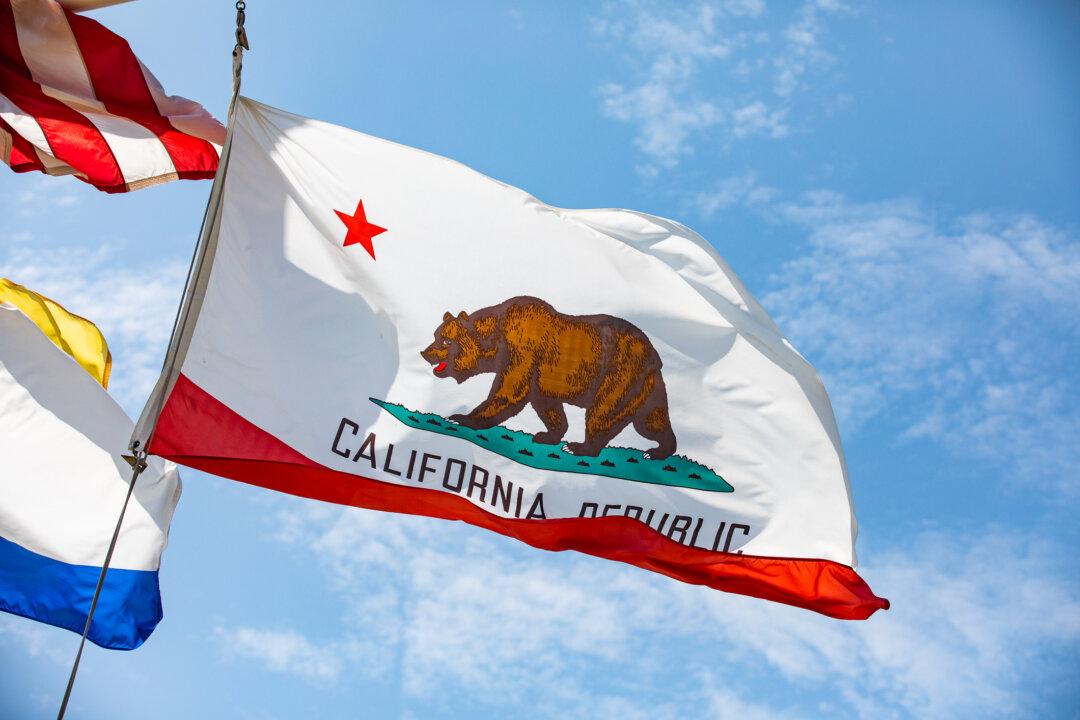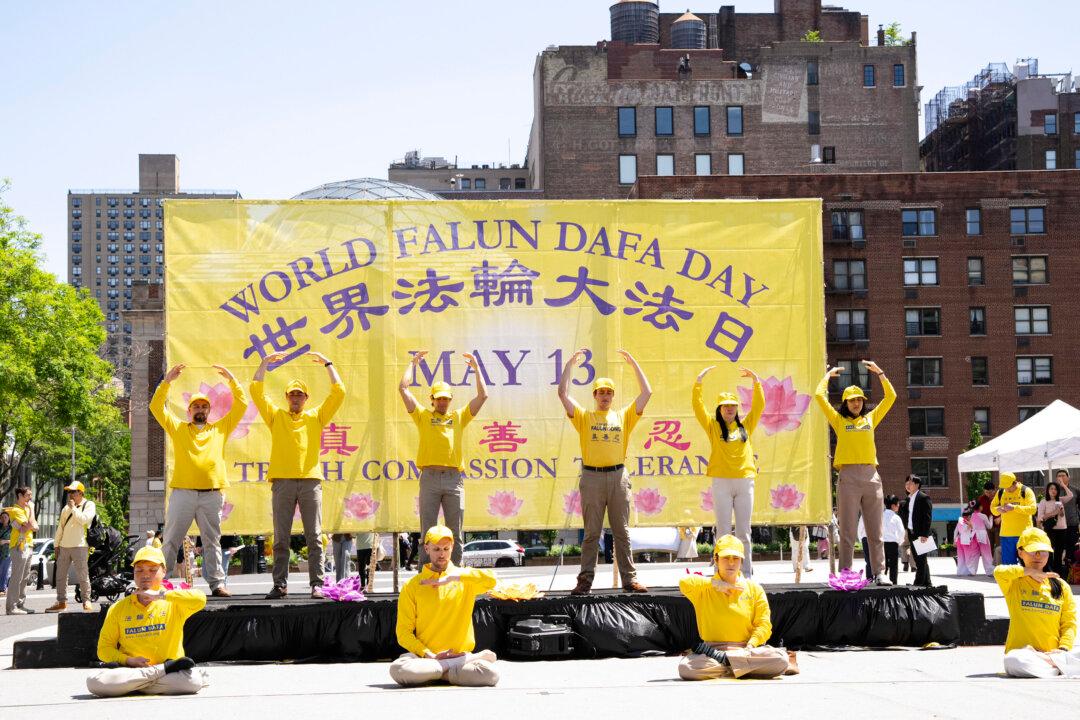The Epoch Times recently opened a new office in Tempe, Arizona, and celebrated it with a Jan. 25 ribbon-cutting ceremony.
“The Epoch Times brings the truth that people don’t know that’s even out there,” office General Manager Diana Molovinsky said at the event. “For me, it’s bringing humanity together on the same baseline.”





